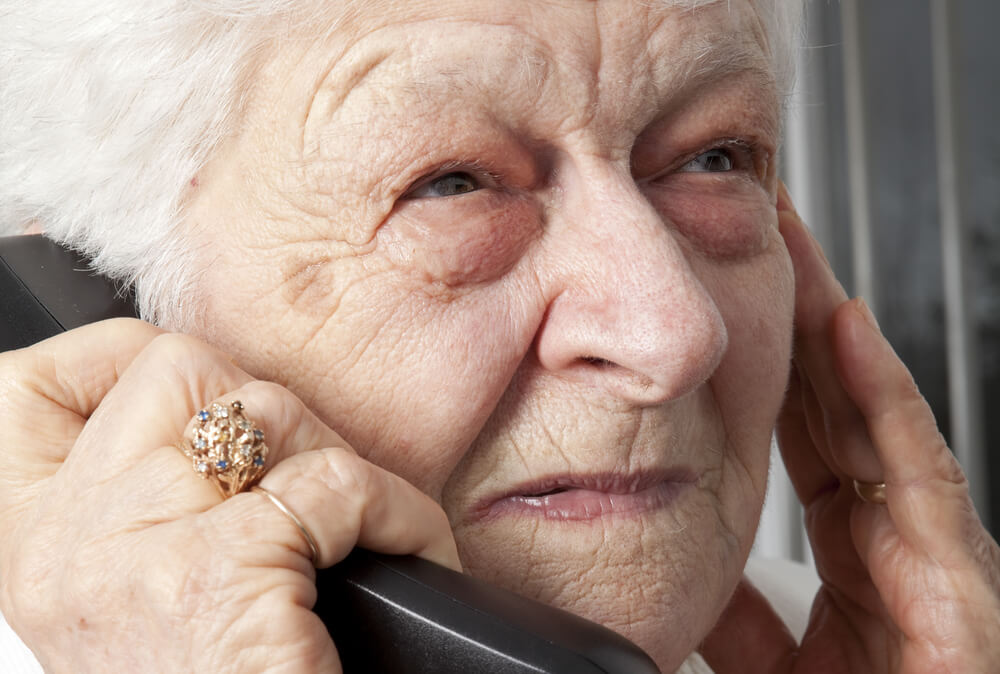


The scam goes like this: The con artist dials a household within a zip code of older homes, hoping to reach the voice of an elderly person.
Elderly: Hello?
Scammer: (friendly, casual voice) Hi. What are you doing? . . . You know who this is?
Elderly: No. Who is this?
Scammer: You don’t know who this? (acting incredulous) This is your eldest and favorite grandson!
Elderly: Michael?
Scammer: Yeah.
Elderly: You don’t sound like Michael.
Scammer: Hmmm. Well, I’ve got a bad cold. And this is a terrible connection. (makes noise on the line) I hope we don’t get disconnected. Can you hear me? You’re pretty faint yourself.
Elderly: You’re sure this is Michael?
Scammer: Yep. But I’ve just a got a minute. I need a big favor. I’ve gotten into a little trouble, and I don’t have time to explain it all now. I’ve got to get off the phone quick. Have you got a pen handy?
Elderly: Just a minute. Here’s one…. Okay.
Scammer: I need you to wire $2,000 to me here…. (gives some temporary public place)
Elderly: What’s this for?
Scammer: Just please don’t tell my folks right now. I’ll pay you back I promise. It’s big trouble. I gotta go now. Thank you, thank you. I knew I could count on you.
And the scammer hangs up before the elderly person can probe further.
So why does this scam work so well? Even though the caller doesn’t sound like the family member, the elderly person is duped, thinking, “How did they know I have a grandson? How did they know my grandson’s name? How did they get my phone number?”
Facts the confused, shaken elderly person doesn’t take into consideration in this quick call:
––The scammer randomly called by zip code.
––The person answering the phone STATED the name of the grandson (or nephew) first in response to the scammer’s guessing-game opener.
––If the elderly person had responded, “I don’t have a grandson (or nephew), the caller would have simply hung up and moved on to the next victim.
So what does this scam communicate about our society in general and family relationships in particular? Three things:
Your next action steps:
The quickest way to prevent this scam (and improve family relationships in the process) is to stay in touch—physically and emotionally, as well as technologically. Why not improve the connection today?